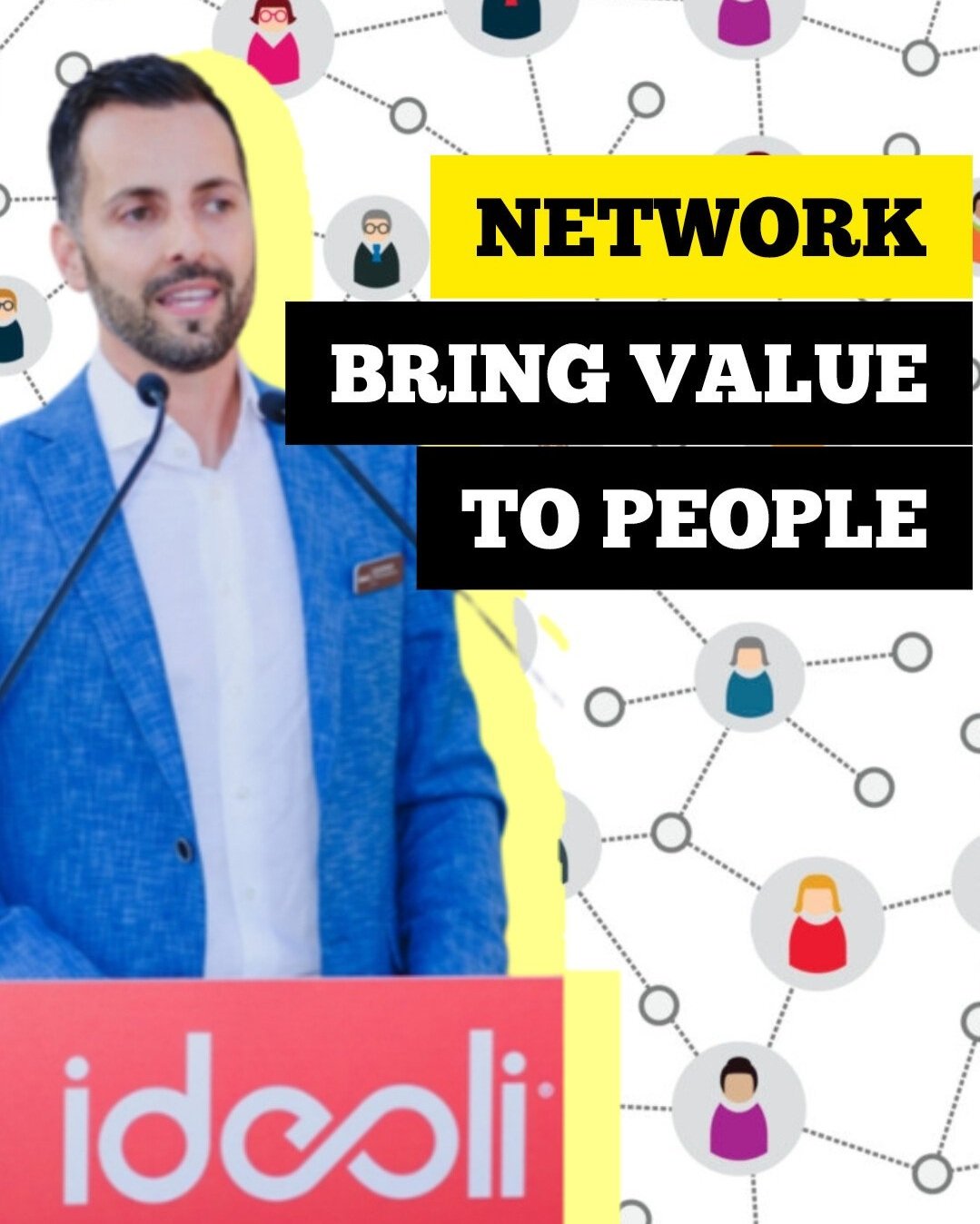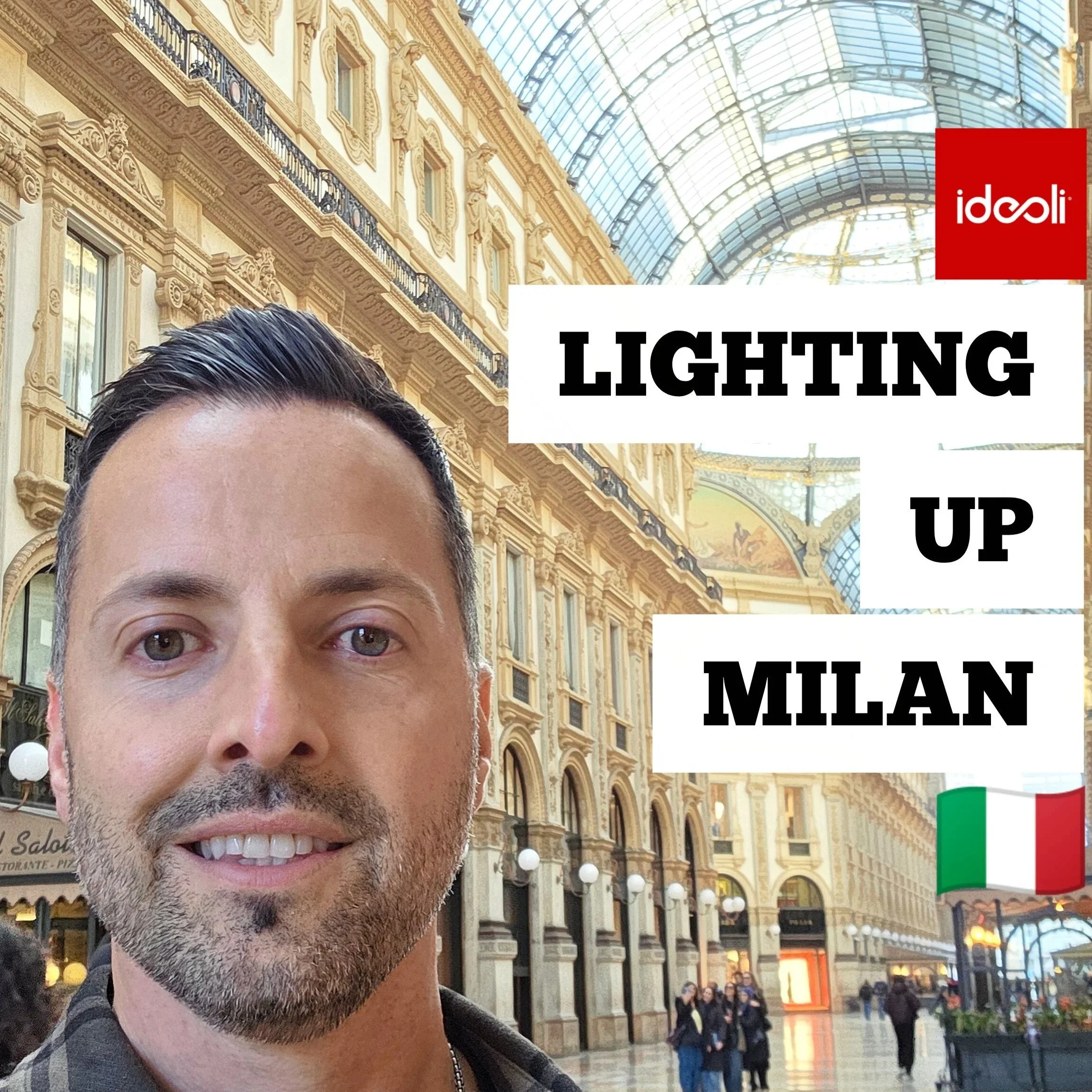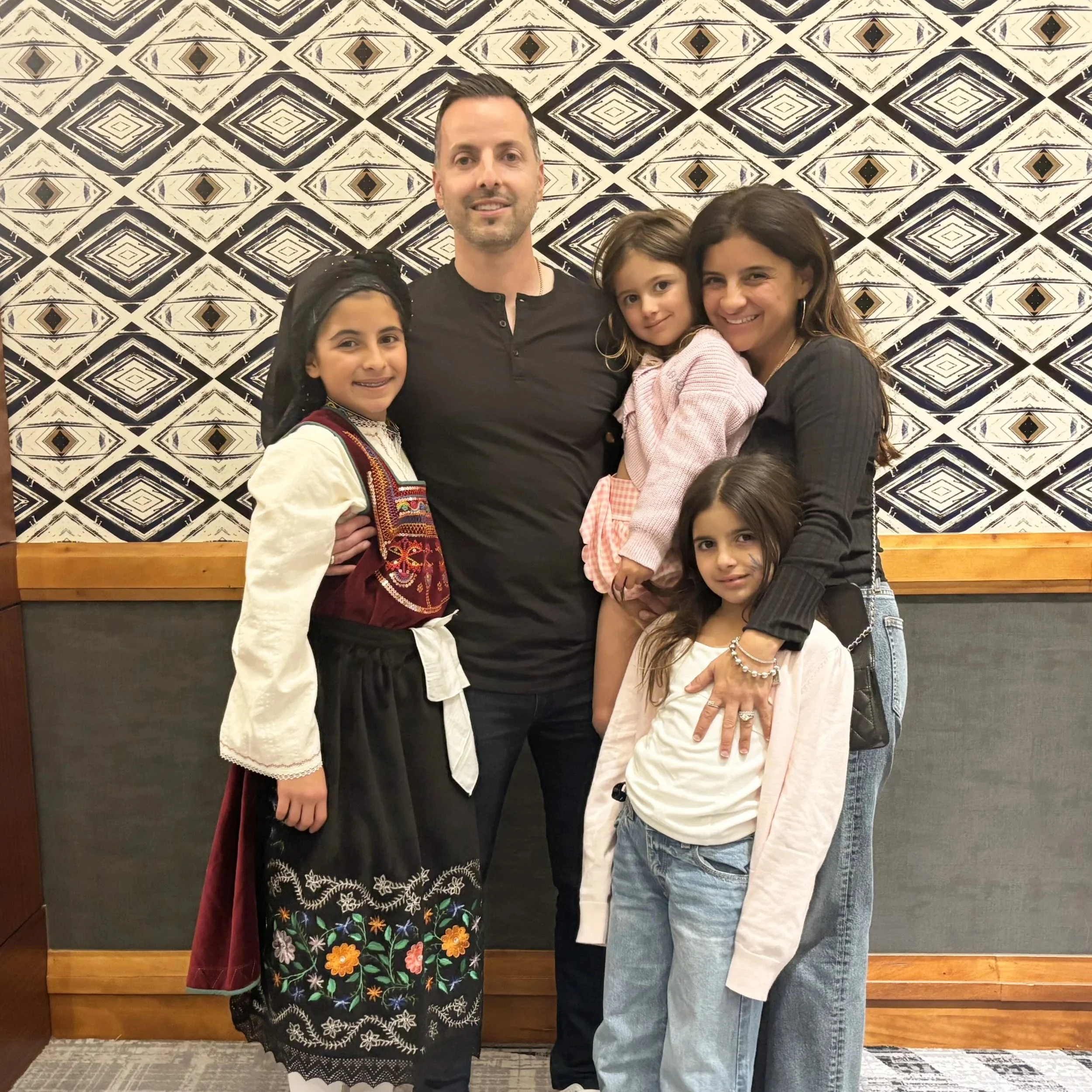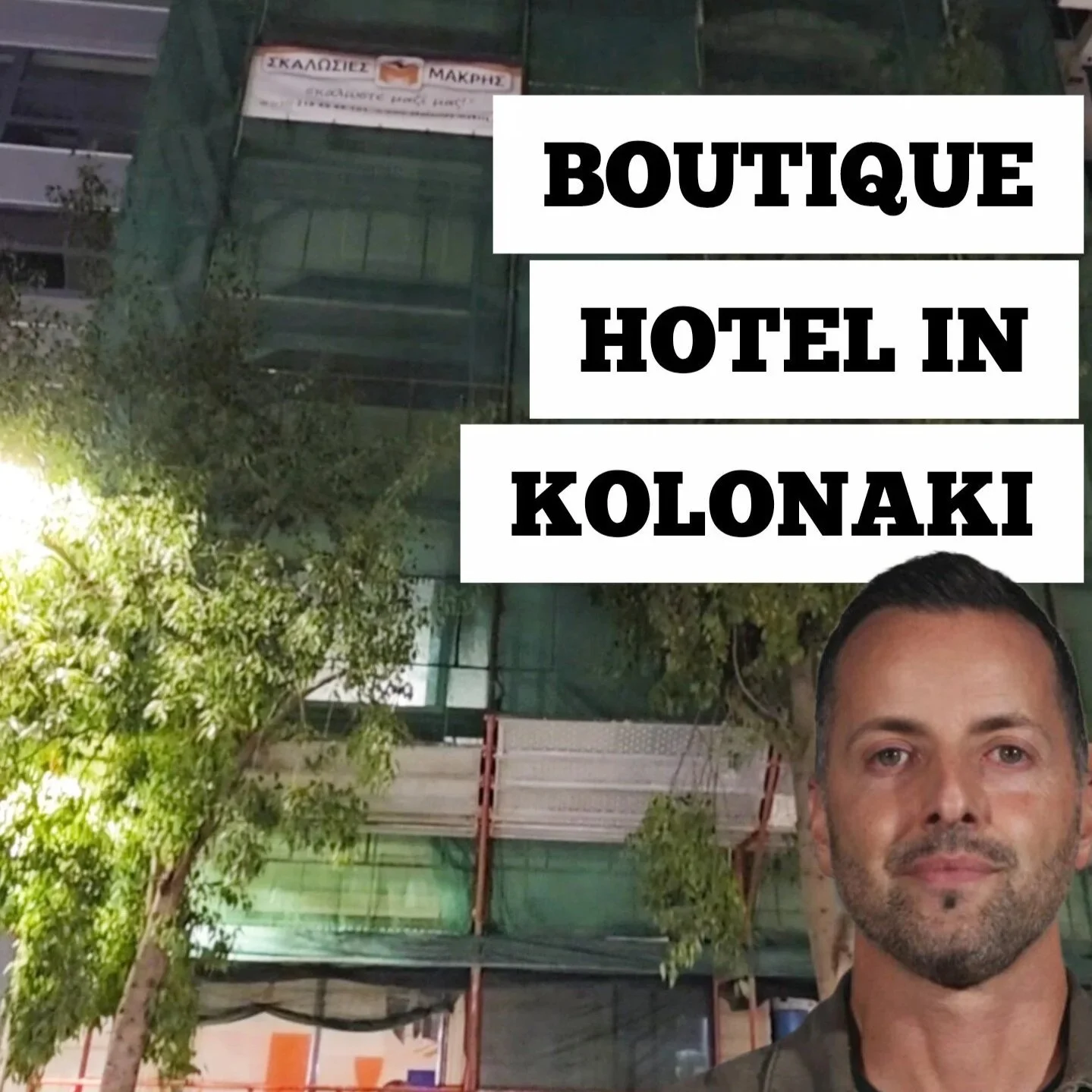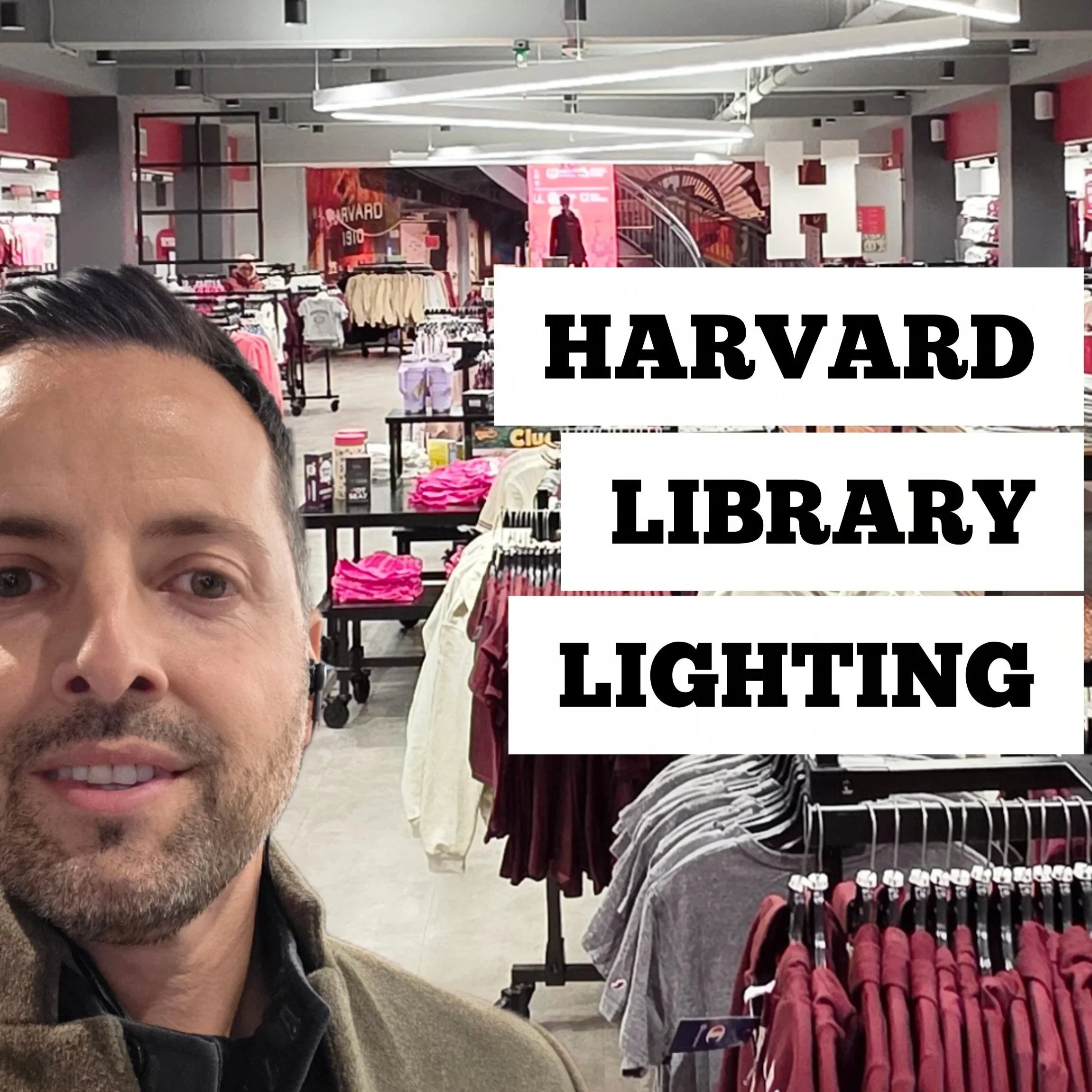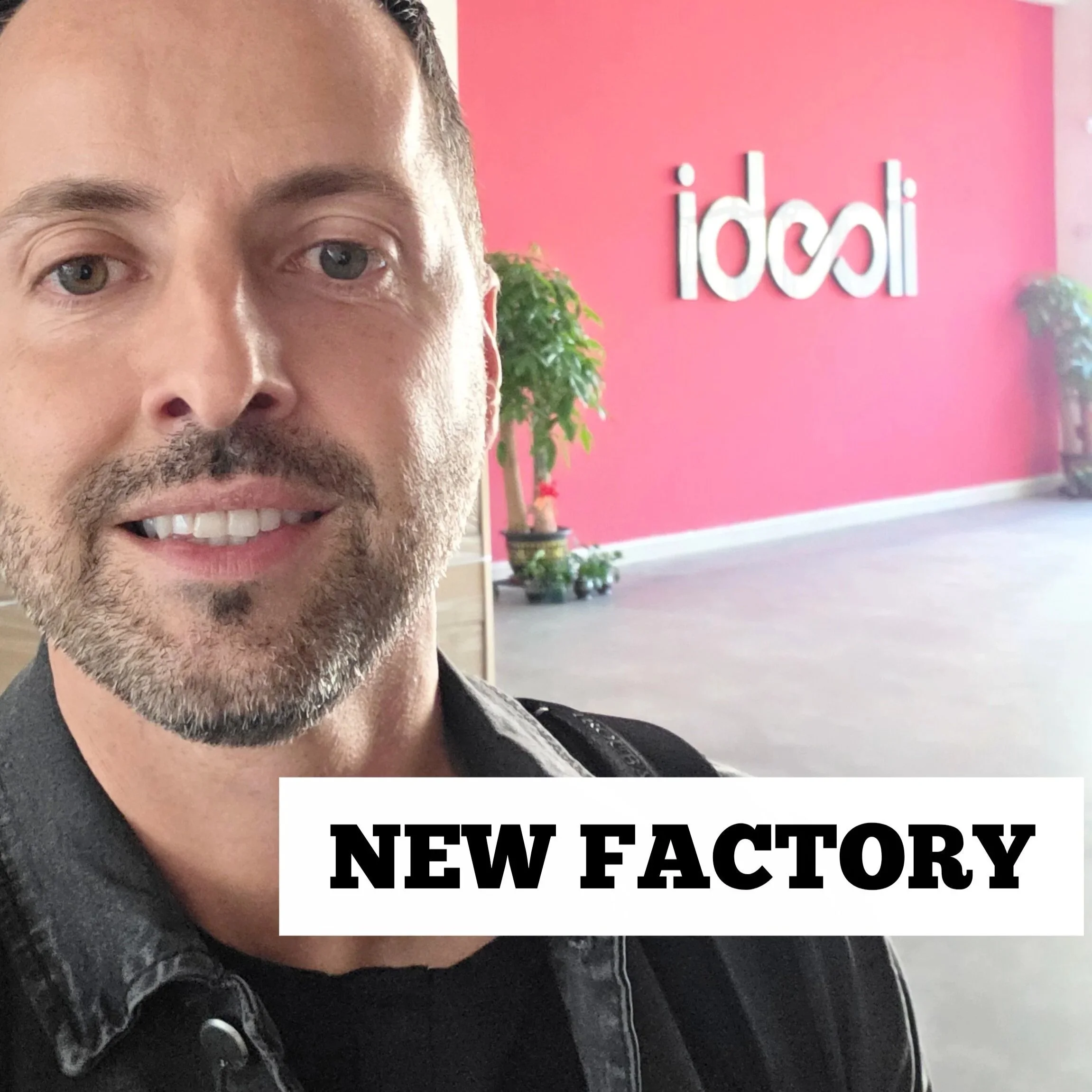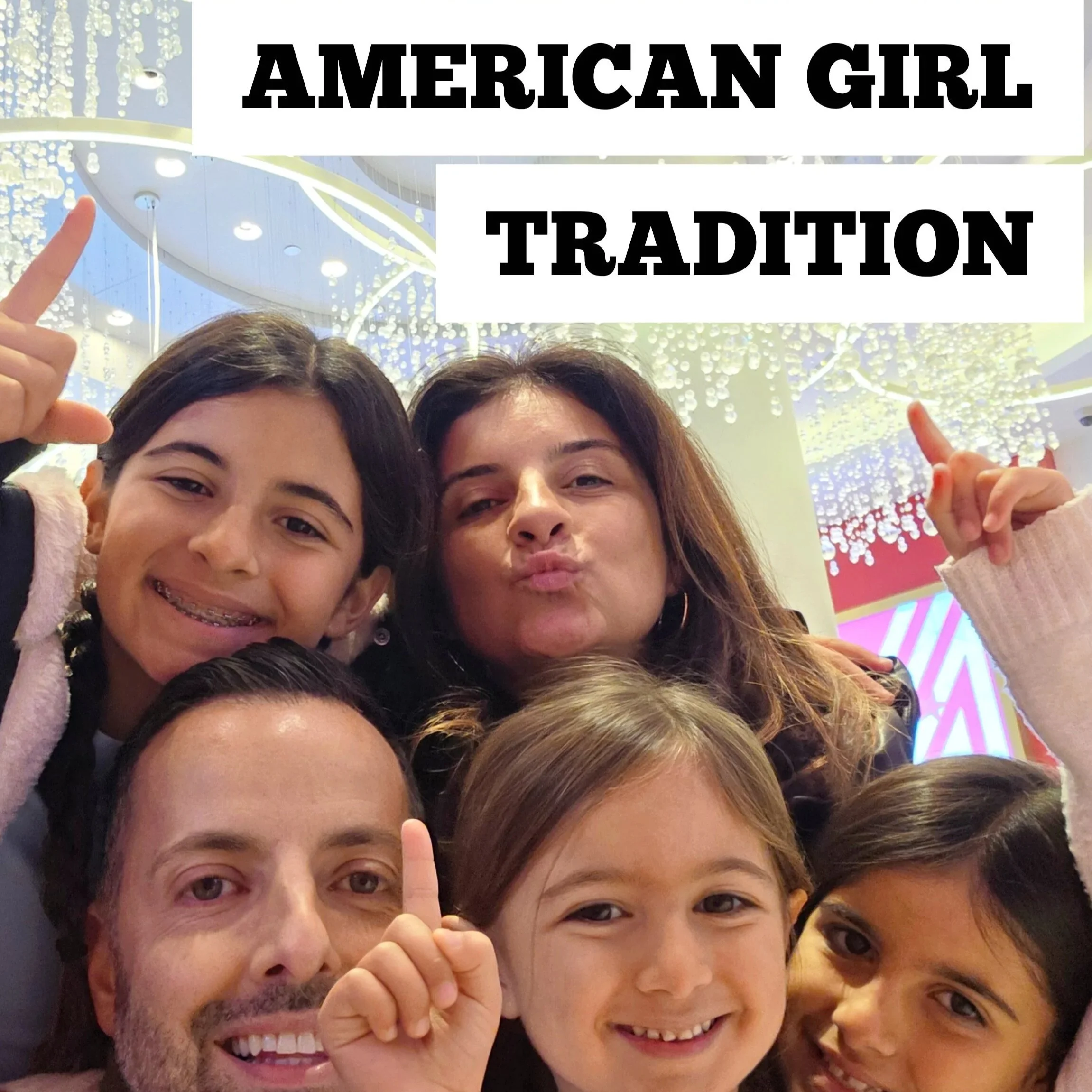NETWORKING RULE #1: ALWAYS BRING VALUE FIRST
NETWORKING RULE #1: ALWAYS BRING VALUE FIRST
When I meet someone new — whether it’s at a business dinner, industry event, or even just through a casual introduction — my first thought isn’t: “What can I get from this?” It’s always: “How can I help this person?”
That mindset has served me more than any pitch or personal elevator speech ever could.
Networking isn’t transactional for me — it’s instinctual. It’s how I’m wired. I feel compelled to connect dots for people, make introductions, or offer perspective that might push their goals forward. It’s not a strategy — it’s a value system.
🤝 Why This Works
Most people approach networking the wrong way. They ask for something before establishing trust, rapport, or relevance. That’s backwards.
The truth is: your network becomes exponentially more powerful when you use it to help other people win.
You introduce someone to a client → and they remember that.
You pass along a vendor or expert → and they see your credibility.
You help someone solve a problem → and they start thinking of you as a leader.
That’s when opportunities flow — not because you asked, but because you gave.
🔑 Ways I Bring Value in Every Interaction
Make an introduction (people still underestimate how far a warm intro goes)
Share insight that’s specific, actionable, and not generic advice
Offer a resource — a contact, a supplier, a tool, a location
Open a door to something bigger than just a meeting: a partnership, a collaboration, a solution
And sometimes, it’s just being a sounding board — giving someone the space to speak honestly and feel heard.
🧠 Final Thought:
If you want a stronger network, stop thinking about what you need, and start showing up with what you can offer. Generosity is the fastest way to build trust, and trust is the only real currency in business that compounds over time.
And if you're not sure how to bring value in the moment? Ask. Listen. Be curious. The opportunity will show itself. Because in the end, the people who bring value — consistently, genuinely, and without strings — are the ones people call back when it actually matters.
“If you want a stronger network, stop thinking about what you need, and start showing up with what you can offer.”
HOW TO PROPERLY NETWORK
🤝 1. Lead With Value, Not Need
Don’t approach someone with your hand out. Approach with your mind open.
Ask: What can I offer this person?
Share insight, make an intro, or provide something useful
Giving before asking is how trust is built
People remember who helped them — not who pitched them.
🧠 2. Be Curious, Not Transactional
Good networking is built on genuine curiosity.
Ask thoughtful questions
Learn about their goals, not just their title
Listen more than you talk — and remember what they share
📇 3. Quality > Quantity
You don’t need 500 new connections. You need 5 meaningful ones.
Focus on people you want to build with
Follow up after meeting — don’t let connections go cold
Add value over time, not just once
🛠️ 4. Use Your Network for Others
Don’t hoard your relationships — activate them.
Make introductions that help two people win
Share relevant events, referrals, or tools
Become known as the person who “connects the right people”
The more you connect others, the more connected you become.
🧍♂️ 5. Be Memorable (in a good way)
Stand out by being clear about what you do, who you help, and why it matters.
Have a sharp, honest intro ready
Share a quick story or success that shows your impact
And above all: be authentic — no one wants to network with a sales robot
📬 6. Always Follow Up
The biggest failure in networking? Doing nothing after the meeting.
Send a short note within 24–48 hours
Reference something specific you talked about
Stay in touch occasionally — even when you don’t “need” something
✅ Final Thought:
Networking is about relationships, not reach.
It’s not who you know — it’s who knows you, trusts you, and thinks of you when it matters. Lead with value. Stay consistent. And show up for people — before you ever need them to show up for you.
IF YOU LAND IN A NEW CITY, WHAT SHOULD YOU DO TO BUILD UP YOUR NETWORK
🌐 1. Start With Intent, Not Randomness
Before you go to events or start messaging people, get clear on:
Who you want to meet (industry, mindset, values)
What value you bring to the table
Why you want to connect (partnerships, community, talent, clients, etc.)
Clarity creates connection. Know your lane, but stay open.
🤝 2. Go Where the Connectors Are
Target places where influential or well-connected people gather:
Local business meetups or industry mixers
Startup incubators or coworking spaces
Entrepreneurial networking groups or chambers of commerce
Church or community centers (especially in Greek or faith-based communities)
Just one strong introduction can lead to dozens more.
📲 3. Use LinkedIn (But Don’t Be Generic)
Search by city + industry. Reach out with a personal message like:
"Hey [Name], I just moved to [City] and I’m building my business here. Saw we’re in similar spaces. Would love to connect and learn how you’re navigating the market.”
Then follow up with coffee or lunch. 1:1 beats big events.
🗣️ 4. Say Yes to Invitations (Even Random Ones)
If someone invites you to something, go — even if it seems unrelated.
You’re not always looking for clients — you’re looking for connectors.
🧠 5. Be the One Who Brings People Together
Host a small dinner, happy hour, or invite a few people you’ve met to meet each other.
Become the person who builds community, not just joins it.
🔁 6. Follow Up. Every Time.
After you meet someone:
Send a follow-up message within 24–48 hours
Mention something specific you talked about
Stay in touch periodically — even just to share a resource or quick check-in
Networking isn’t about the first meeting — it’s about what happens after.
✅ Final Thought:
In a new city, your network is your accelerator. Show up with value, curiosity, and consistency — and the right people will find their way to you.
WHAT IS THE PSYCHOLOGY BEHIND WANTING TO CONNECT PEOPLE
The psychology behind wanting to connect people often stems from a mix of personality traits, emotional intelligence, and evolutionary wiring. At its core, it reflects a deep human desire to build community, create meaning, and increase social capital — not just for ourselves, but for others.
Here’s a breakdown of the key psychological drivers:
🤝 1. The Helper’s High (Altruism & Reward)
Connecting people gives many a feeling of purpose and satisfaction — a "helper’s high."
When you help others succeed, your brain releases dopamine and oxytocin, making you feel good
It satisfies a prosocial need — the innate human desire to support and uplift others
Helping others builds a sense of internal value and emotional fulfillment.
🧠 2. High Social Intelligence
People who love connecting others tend to score high in:
Empathy (understanding what others need)
Pattern recognition (seeing who fits well together)
Strategic thinking (envisioning outcomes)
These individuals intuitively ask:
"Who needs to meet each other — and why?"
🌍 3. Legacy and Identity
For some, being a connector becomes part of their identity and legacy.
They want to be known as the person who brings people together
They understand that influence doesn’t just come from what you know — but from who you know and how you bridge those worlds
It’s a form of soft leadership — making things happen behind the scenes.
🧬 4. Evolutionary Roots
From an evolutionary perspective, humans survived and thrived in tribes and tight-knit groups.
Those who formed bonds and helped others earned status, trust, and protection
The instinct to build alliances and foster community is hardwired into us
💡 5. Power in Generosity
People who genuinely connect others don’t do it to “get ahead” — they do it because they know something powerful:
The more value you give, the more trust, opportunity, and influence you gain — naturally.
Connecting people creates a ripple effect that often returns tenfold, even without expectation.
✅ Final Thought:
The psychology behind connecting people is rooted in generosity, pattern recognition, and purpose. It’s not about being the center of attention — it’s about being the reason something meaningful happens.

